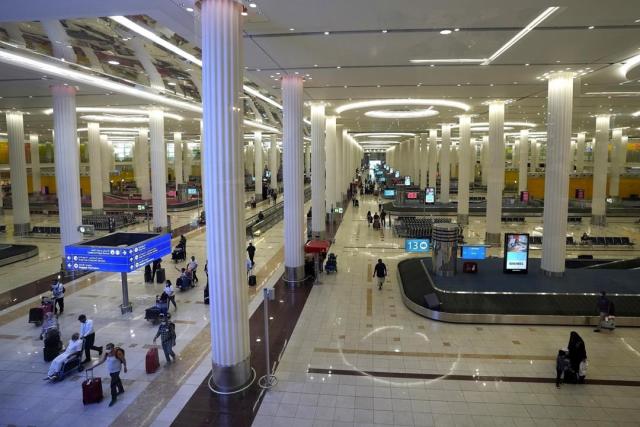
Dubai International Airport, the world’s busiest hub for international travel, demonstrated a remarkable resurgence in 2023, surpassing its 2019 passenger figures. Despite falling short of the peak seen in 2018, the airport’s performance provides insights into the global aviation industry’s recovery and serves as a crucial economic indicator for Dubai.
Post-Pandemic Recovery
In a post-pandemic surge, Dubai International Airport welcomed 86.9 million passengers in 2023, exceeding the 86.3 million recorded in 2019. The 2018 peak of 89.1 million passengers remains unmatched, but the significant rebound from the pandemic-induced dip of 66 million passengers in 2022 showcases the airport’s resilience.
Key Contributors to Traffic Surge
The surge in passenger traffic was primarily driven by travel to Dubai’s standard destinations, including India, Saudi Arabia, the United Kingdom, Pakistan, and notably, Russia. Remaining open to Russian travelers when few other destinations were accessible contributed significantly to the airport’s rebound.
Dubai’s Tourism Boost and Economic Impact
Dubai’s early reopening to tourists during the pandemic played a pivotal role in revitalizing the city-state’s tourism industry. Iconic attractions such as the Burj Khalifa and the Burj Al Arab luxury hotel attracted visitors and transit passengers, contributing to economic recovery. In February, Dubai reported its best-ever tourism numbers, hosting 17.15 million international overnight visitors in 2023, with hotel occupancy averaging around 77%.
Anticipated Challenges in 2024
Looking ahead, Dubai International Airport projects serving 88.8 million passengers in 2024, nearing its historical peak. However, this optimistic outlook raises concerns about potential strain on airport infrastructure, given the record-breaking 416,405 aircraft takeoffs and landings in the previous year.
Alternative Airport and Future Plans
Dubai has a second airport, Al Maktoum International Airport at Dubai World Central, situated 45 kilometers away. While used for commercial flights during the 2022 FIFA World Cup, its primary functions include cargo and private aircraft flights. Plans to relocate major carriers, including Emirates, to this facility have faced repeated delays.
Global Connectivity and Dubai’s Adaptive Spirit
Dubai International Airport connects to 262 destinations in 104 countries through a network of over 100 international carriers. Its resurgence amid global challenges underscores Dubai’s adaptability and resilience. The airport’s performance is not just a reflection of its operational success but also serves as a testament to Dubai’s ability to navigate complex global circumstances.
Also Read
UAE Authorities Confiscate 11 Vehicles for Reckless Driving Amidst Rain in Sharjah
International Monetary Fund Commends UAE’s Economic Strength and Resilience






